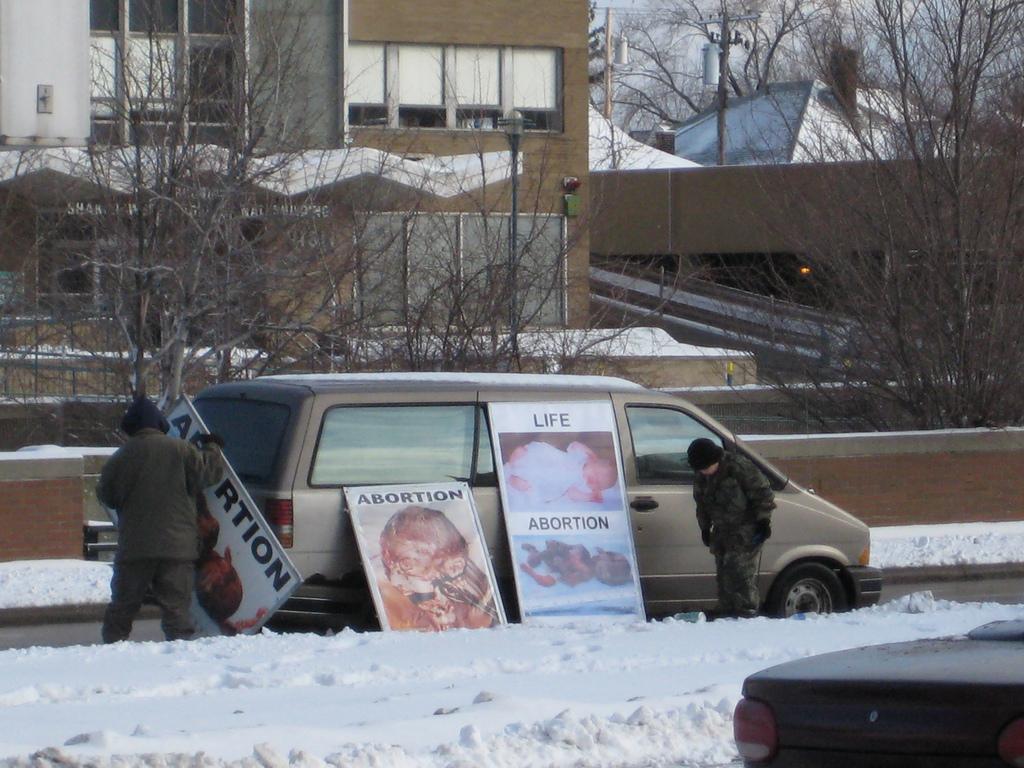Texas’s draconian new abortion law has left the 1.2 million women of the Rio Grande Valley of South Texas without an abortion provider. While pro-choice groups challenge some parts of the law in court, Valley women are forced to travel hundreds of miles for a clinic abortion. The Valley is one of the poorest regions in the United States and extended journeys to abortion clinics are beyond the reach of many poor valley women who have to budget not only for the procedure itself but for transportation, lodging, lost work hours, and often, the cost of childcare.
One Valley abortion provider reinvented himself as a miscarriage management consultant after the new law prohibited him from performing abortions this fall. He examines his patients and subtly steers them towards self-abortion with misoprostol if he thinks it’s safe for them to do so. He can’t tell them to go out and get the drugs, but he doesn’t have to, misoprostol miscarriages are already part of the culture. If the drugs don’t work all the way, he tells them they can always come back for surgery to finish the process.
Miscarriage management is a flashback to the pre-Roe days when sympathetic doctors would tell women to hurt themselves or visit back alley abortion providers in order to get a miscarriage started. Once a woman began bleeding, the doctor could legally perform surgery to resolve the miscarriage and end the pregnancy.
The Texas law hasn’t stopped abortions in the Valley, it has just made them more difficult and dangerous.






